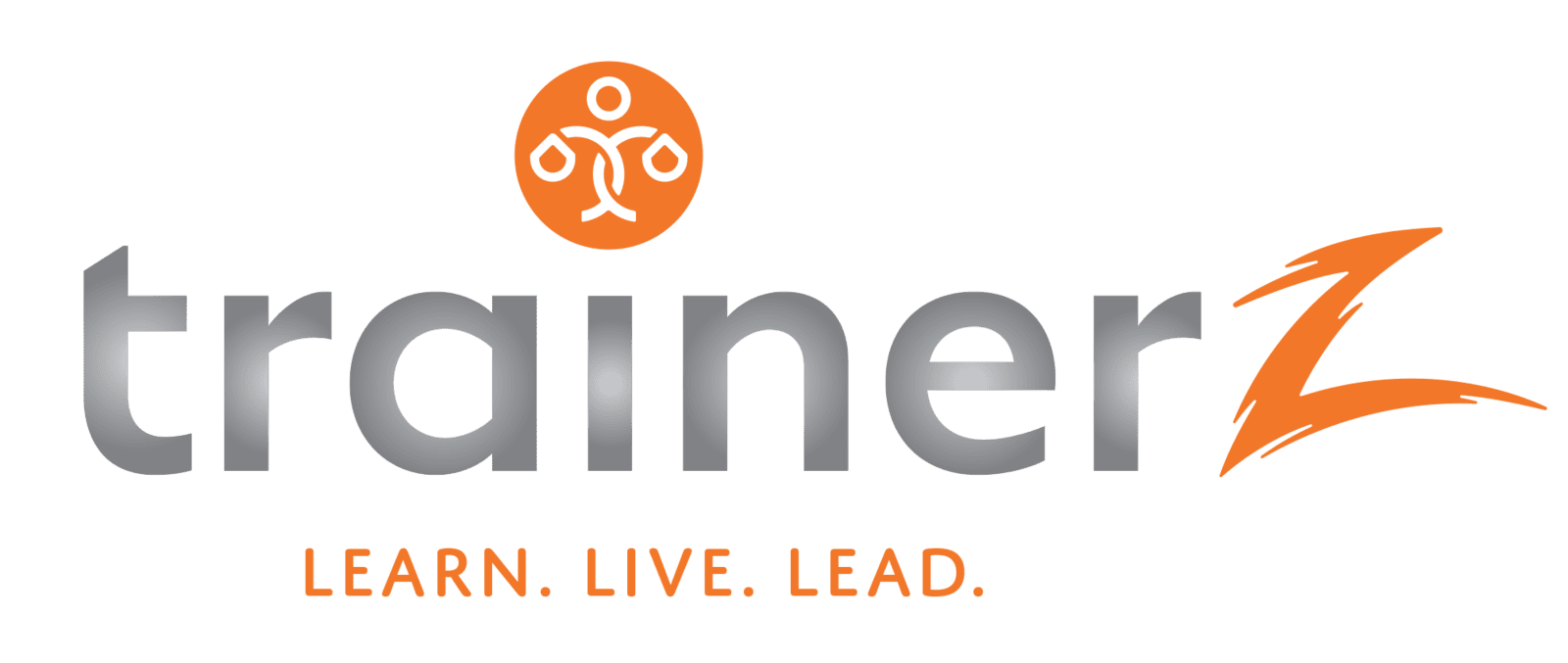Bangladesh SMME Sector Overview
The Small, Medium, and Micro-Enterprise (SMME) sector in Bangladesh is a cornerstone of the country's economy, playing a pivotal role in job creation, poverty reduction, and economic growth. Accounting for over 90% of all businesses, these enterprises are the primary drivers of both industrial employment and GDP.
- Economic Contribution: SMMEs contribute about 25% of Bangladesh's GDP and account for roughly 40% of the country's manufacturing output. They are also crucial for foreign exchange earnings, particularly through the textile and garment industry.
- Role in Employment: The sector is a major employer, providing jobs to over 31 million people. They are especially vital in rural areas, where they represent the primary source of non-agricultural employment. About 80% of industrial jobs are provided by SMMEs.
- General Characteristics: The SMME landscape in Bangladesh is diverse and geographically widespread, with a high concentration of firms in both urban and rural settings. The sector is characterized by a mix of formal and informal businesses, with a significant number of informal micro-enterprises.
Key SMME Industries and Examples
1. Garment and Textiles
- Examples: Small-scale garment factories, tailor shops, textile weaving units, and dyeing businesses.
- Firm Profile: These firms are often labor-intensive, with a workforce ranging from a handful of employees to a few dozen. They can operate as subcontractors for larger factories or produce goods for the domestic market.
- Age Demographics: This industry is multi-generational. While older individuals (Gen X and Baby Boomers) may own and manage traditional workshops, younger generations (Millennials and Gen Z) are increasingly involved in modern, technology-driven aspects like fashion design and online retail.
- Opportunities & Risks:Opportunities include access to a large, cost-effective labor force and strong domestic and international demand. Risks involve intense competition, fluctuating global raw material prices, and the need to comply with international labor and environmental standards.
2. Food Processing and Agro-based Industries
- Examples: Rice mills, spice processing units, fish and seafood processing plants, and fruit and vegetable packaging businesses.
- Firm Profile: Firms vary from small, family-owned operations in rural areas to more structured processing units with machinery. They are heavily dependent on local agricultural output.
- Age Demographics: This sector sees a mix of age groups. Older entrepreneurs are often involved in traditional farming and primary processing. Younger individuals (Millennials and Gen Z) are innovating with value-added products like organic snacks and packaged foods, leveraging digital platforms for marketing and sales.
- Opportunities & Risks:Opportunities are abundant due to the country's vast agricultural base and rising domestic consumption. Risks include supply chain inefficiencies, vulnerability to weather conditions, and the need for food safety compliance.
3. IT and IT-enabled Services (ITES)
- Examples: Software development, freelance web design, digital marketing agencies, and call centers.
- Firm Profile: Typically small, agile, and knowledge-based businesses. Many are start-ups run by young entrepreneurs who operate from co-working spaces or small offices.
- Age Demographics: This industry is heavily dominated by Gen Z (18-29) and Millennials (30-45). These digital natives have the necessary technical skills and are driving innovation in this fast-growing sector.
- Opportunities & Risks:Opportunities include a growing demand for digital services, a large pool of talented and educated youth, and the potential for high-value exports. Risks involve fierce competition, rapid technological advancements, and the need for continuous skill upgrading.
The Most Popular SMME Industries (Per Age Group/Generation)
- Youth & Millennials (Age 18-45): This demographic is at the forefront of the digital revolution in Bangladesh. They are most prominent in technology-driven sectors like IT, e-commerce, and freelancing. They are also revitalizing traditional sectors by applying technology, such as in agritech and online fashion retail.
- Middle-Aged (Gen X, Age 46-59): Entrepreneurs in this age group are often found in well-established, capital-intensive sectors. They dominate manufacturing industries such as small-scale textiles, light engineering, and logistics. Many also manage professional services like accounting and consulting.
- Older Generations (Age 60+): This group is heavily involved in traditional, skills-based industries and family businesses. They typically run long-standing retail stores, traditional textile weaving operations, and businesses in agriculture and small-scale manufacturing. Their businesses often rely on decades of accumulated experience and local market knowledge.
The Most Popular SMME Industries (Per Region/Province/State)
- Dhaka Division:
- Summary: As the economic heart of Bangladesh, Dhaka's economy is predominantly service-based and highly industrialized. It is the hub for trade, finance, and technology.
- Key Industries: IT and ITES, fashion and textiles, retail and e-commerce, and business services.
- Trends: Continuous growth in the startup ecosystem, with a focus on fintech, edtech, and e-commerce.
- Chittagong Division:
- Summary: Home to the country's busiest port, Chittagong is a major commercial hub and the second-largest economy after Dhaka. Its economy is driven by trade, manufacturing, and port-related services.
- Key Industries: Manufacturing (textiles, steel, cement), logistics and shipping, and shipbuilding.
- Trends: The division is a key engine for export-oriented growth, with significant investment in infrastructure and industrial parks.
- Khulna Division:
- Summary: Khulna's economy is centered on its port and proximity to the Sundarbans. It has a strong agricultural and manufacturing base.
- Key Industries: Agro-based industries (fish and shrimp processing), jute mills, and light engineering.
- Trends: Efforts are being made to diversify the economy beyond traditional sectors and attract investments in technology and tourism.
- Rajshahi Division:
- Summary: Known as the "silk city," Rajshahi's economy is heavily agrarian but is also a hub for textiles and education.
- Key Industries: Agro-based industries (mango, silk), textiles, and education services.
- Trends: The division is focusing on improving its agricultural processing capabilities and developing its silk industry to meet a growing domestic and international market.
- Sylhet Division:
- Summary: Sylhet's economy is unique, heavily reliant on remittances from citizens working abroad. It's also a major hub for tea plantations.
- Key Industries: Tea cultivation, tourism and hospitality, and real estate.
- Trends: A significant portion of the country's annual remittances drives growth in real estate, construction, and hospitality sectors.
- Rangpur Division:
- Summary: This division is primarily agricultural, with a focus on crops like rice, jute, and tobacco. It is also a growing center for small-scale manufacturing.
- Key Industries: Agro-based industries (rice mills, potato storage), and handicrafts.
- Trends: Efforts are being made to promote small and cottage industries and improve agricultural technology to increase productivity and reduce post-harvest losses.
- Barishal Division:
- Summary: Barishal is known as the "Granary of Bengal" due to its rich agricultural output. The economy is dominated by agriculture and fishing.
- Key Industries: Rice and paddy processing, fisheries, and agro-based small-scale manufacturing.
- Trends: The division is focusing on improving its water transportation network and is exploring opportunities in cold storage and food preservation.
- Mymensingh Division:
- Summary: A new division with an economy based on agriculture, particularly a focus on poultry and fisheries, and a growing education sector.
- Key Industries: Poultry farming, fisheries, and agro-based small industries.
- Trends: The government is encouraging entrepreneurship in the agricultural and livestock sectors to boost the local economy and improve food security.
The training and business consulting required for these popular industries
- Garment and Textiles:
- Training: Training in modern machinery operation, quality control, sustainable production practices, and digital fashion design software.
- Consulting: Business consulting for export market access, supply chain management, and compliance with international labor standards.
- Food Processing and Agribusiness:
- Training: Food safety and hygiene certification (HACCP), modern food preservation and packaging techniques, and agricultural technology (agritech).
- Consulting: Consulting on financial planning, market analysis, and product diversification to reach a broader consumer base.
- IT and IT-enabled Services (ITES):
- Training: Advanced courses in AI, cybersecurity, and cloud computing.
- Consulting: Legal and financial consulting for company registration, intellectual property protection, and securing venture capital funding.
- Tourism and Hospitality:
- Training: Training in hotel management, customer service excellence, and digital marketing for tourism businesses.
- Consulting: Consulting on developing new tourism products, such as eco-tours or heritage trails, and strategic marketing to attract both domestic and international tourists.
Top SMME Business Opportunities (Per Region/Province/State)
- Dhaka Division: Launching an e-commerce platform for locally-made products, establishing a digital marketing and social media management agency, and a logistics and last-mile delivery service.
- Chittagong Division: A small-scale shipbuilding and repair service, a cold storage facility for agricultural products, and a firm specializing in export-import consulting.
- Khulna Division: A fish and shrimp processing and packaging business for export, a venture in eco-tourism in the Sundarbans, and a small-scale jute product manufacturing unit.
- Rajshahi Division: A modern fruit processing and packaging unit for mangoes, a business for developing and exporting silk products, and an online platform for traditional handicrafts.
- Sylhet Division: Starting a boutique hotel or homestay, a service specializing in real estate and property management for expatriates, and a small business processing tea and other local produce.
- Rangpur Division: A business providing agricultural machinery rental services, a small-scale jute processing unit, and a firm specializing in traditional handicrafts and handlooms.
- Barishal Division: A rice mill using modern technology to produce high-quality rice, a fishing and seafood processing business, and a venture in agricultural supply and equipment.
Business and Vocational Skills required for these SMME Opportunities
- General Business Skills (for all regions):
- Financial Literacy: The ability to manage finances, prepare a budget, and understand profit and loss statements.
- Market Research: Skills to identify market gaps, understand consumer needs, and analyze competitors.
- Digital Skills: Proficiency in using online tools, e-commerce platforms, and social media for business.
- Networking: Building relationships with suppliers, clients, and industry partners.
- Vocational Skills (specific to regional opportunities):
- Dhaka & Chittagong: Advanced IT skills, supply chain management expertise, and an understanding of international trade laws.
- Khulna & Barishal: Proficiency in modern agricultural techniques, food preservation, and fishing technologies.
- Rajshahi & Rangpur: Specialized knowledge in traditional craft techniques, textile design, and agro-processing.
- Sylhet: Expertise in hospitality management, real estate, and language skills for dealing with tourists and expatriates.


